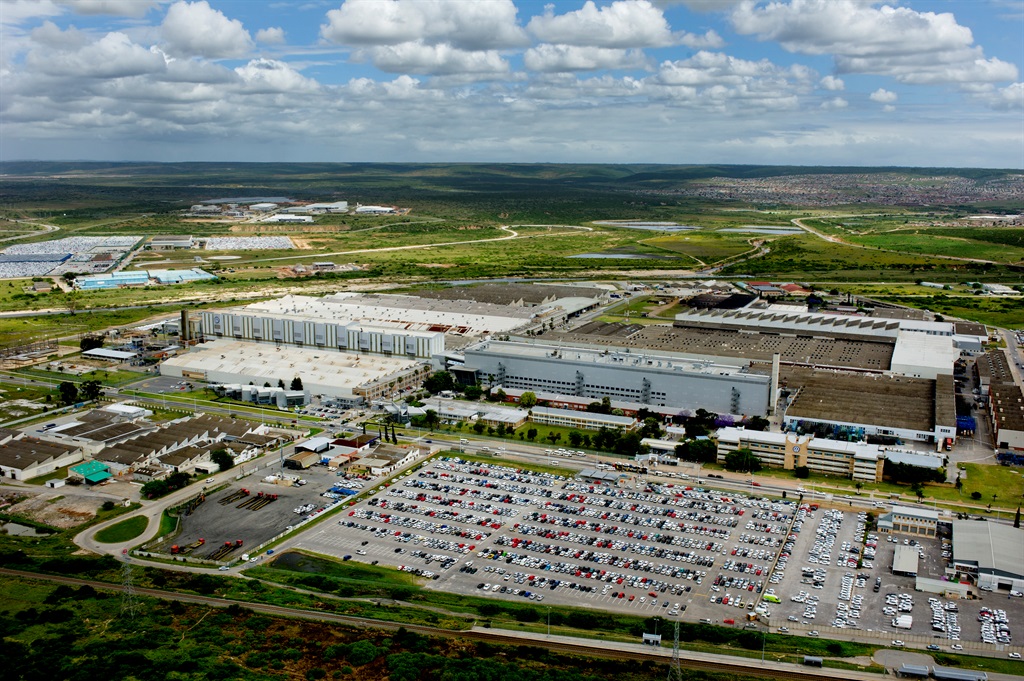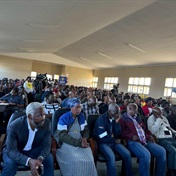
As part of Volkswagen South Africa’s strategy to take advantage of opportunities in Africa, it is establishing a car sharing scheme in Rwanda as part of the first integrated mobility concept for the continent.
The concept entails vehicle manufacture, a car share scheme and the supply of motors on request, as well as sales and service.
Thomas Schaefer, managing director of VWSA, explains that people will request a car in the same way as they would request an Uber, or hire a vehicle for an hour, a day or longer.
The cars will be part of a mobility company that will only use Volkswagen vehicles that were assembled in Rwanda.
Rwana has virtually no automotive industry, with no vehicle factories and only a few dealers, said Schaefer.
Volkswagen is currently having the app developed and aims to have the system in place in Rwanda by the end of the year.
Schaefer said it would not just provide Rwandans with mobility, but will also create jobs and will also mean training for managers and personal for the mobility company.
After the recent signing of a memorandum of understanding with the Rwandan government relating to the integrated concept, Schaefer said that for the concept to be successful a local factory would have to be established in the capital to build enough vehicles for the new scheme.
The reality in Africa is that not everyone can afford a vehicle, but everyone can be mobile.
“Few people can pay $16 000 for a car, but everyone has $20 in their pocket to pay for a car sharing scheme.”
If the concept works it may also be expanded to other countries, said VWSA.
Schaefer, an engineer with years of experience in the industry in developing countries, is now also responsible for VW’s newly established sub-Sahara region.
After North America, South America and China, it’s the fourth autonomous region that the German vehicle manufacturer has identified for its future focus.
According to Schaefer, success in Africa is the only way to secure the future of South African automotive industry. South Africa represents just 0.6% of the global vehicle manufacture industry and although high-quality products are manufactured here, volumes are low.
Worldwide, South Africa also competes with India, Europe and the Americas for exports.
“Africa is the only place where foreign manufacturers are battling to gain access.”
Where it concerns Africa, Volkswagen has operations in South Africa (since 1951), Nigeria (since 2015) and Kenya (since December last year).
Schaefer said VWSA has increased its exposure to Africa after a KPMG report produced for the group identified four African countries with enormous potential. That was Kenya, Rwanda, Tanzania and Ethiopia.
The concept in Rwanda can be regarded as an experiment but Schaefer said they were very optimistic because the government in Rwanda was very receptive.
With low commodity prices hitting Africa hard over the past few years, there have been new calls for diversification and industrialisation.
“But if the prices are bad, then everyone is bankrupt and nobody can do anything. AS soon as commodity prices increases and countries begin making money again they forget about diversification. It’s exciting that countries like Kenya, Rwanda and Tanzania want to focus on industrialisation.”
The company plans to begin with a small footprint, in the same manner in which they entered the Chinese market 30 years ago.
Part of the success in Africa will be about the fact that countries have to stop the dumping of second-hand Japanese cars, which are sold for a minimal amount – between $5000 and $10 000, because one can be fined in Japan for having a car older than seven years.
Rwanda has a population of about 12 million.
Volkswagen is considering various models for Rwanda, like the Tiguan or the Atlas out of America.The manufactured vehicles will be shipped to South Africa where they will be taken apart to be shipped to Rwanda as so-called SDK (semi knocked down) vehicles.
According to Schaefer it will be cheaper to take the vehicles apart here than in Europe or Japan.
VWSA is excited about prospects in Rwanda.
“Half of the country’s population is younger than 20, people want to be mobile and Kigali is seen as one of Africa’s most promising cities in terms of digital capacity and connectivity. Everything is done digitally, you even pay fines on the spot with your cellphone,” he said.




 Publications
Publications
 Partners
Partners








